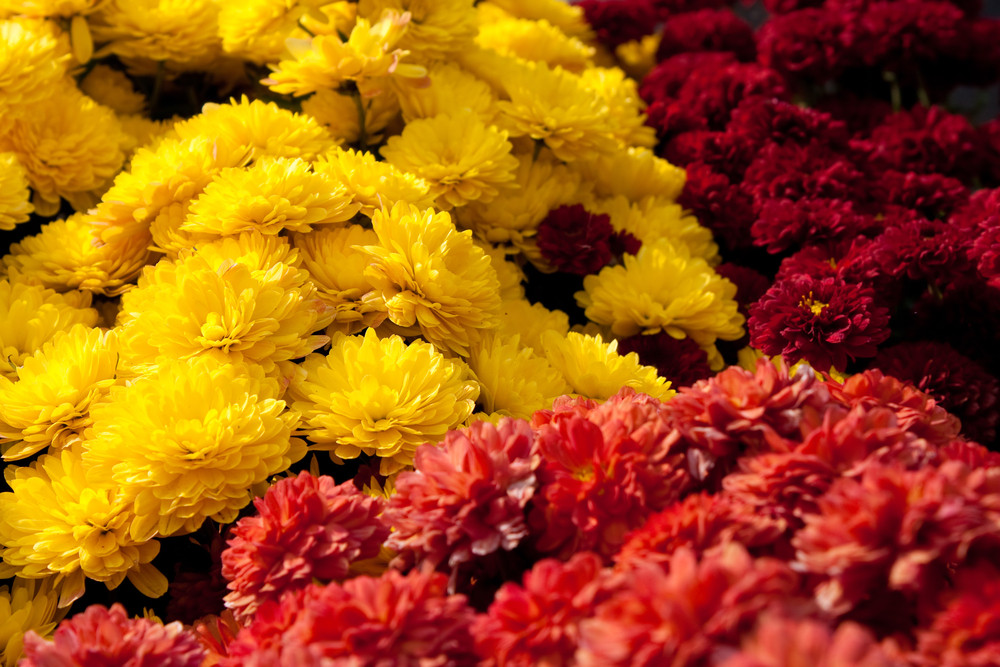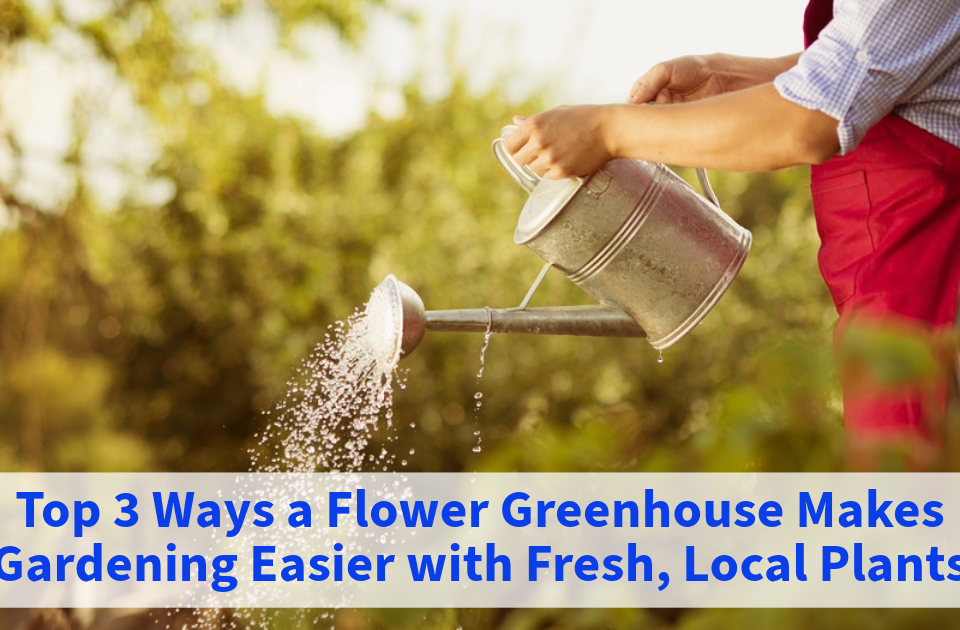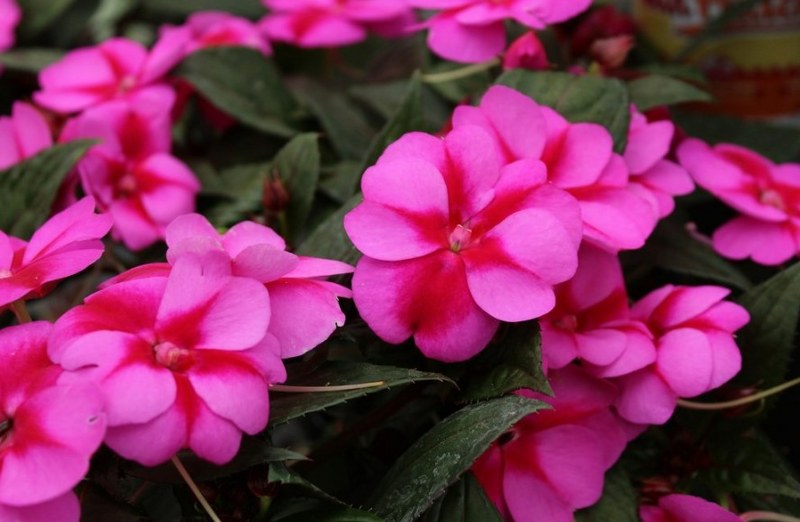
How to Help Your Flowers Survive the Summer Heat
June 11, 2021
How to Start Preparing for Fall Mums
July 3, 2021A lot of homeowners enjoy planting flowers around their homes, and this can even improve your home value by up to 14%. However, annual bloomers require some special care, which means you can’t just plant and forget them. Thankfully, caring for annuals doesn’t have to be difficult, and with a couple of simple tips, you can ensure that your annuals bloom to their fullest extent.
What Do Annual Flowers Need?
Properly fertilizing and feeding annual flowers can help them grow more vigorously and bloom more brilliantly. While soil often has the nutrients that it needs, in some cases, there may not be enough.
Nitrogen
If your annual flowers aren’t producing their proper quota of blooms, it’s because there isn’t enough nitrogen in the soil. Fortunately, this doesn’t mean that your plant is lost. Most plants respond quickly to nitrogen application and it’s easy to correct by adding fertilizer.
Nitrogen is often the only nutrient that annual flowers need as a fertilizer. This is because of all the nutrients available in the soil, nitrogen is the one most commonly lacking due to plants depleting it more quickly than others.
Other nutrients, such as phosphorus and potassium are also important as they can help resist disease and strengthen roots. However, a soil test is needed to see if they are lacking.
While some fertilizer mixes include these nutrients, another easy way to incorporate small bits of phosphorus and potassium into your soil is by adding crumbled eggshells.
When to Fertilize
The best time to fertilize your annual flowers is before planting to ensure the best starting conditions. Take care never to fertilize a dry plant. This can cause the roots to burn due to there being no water to help move the nutrients through the plant.
Similarly, overfertilizing can be worse for plants than forgoing it. For example, too much nitrogen can kill a plant outright.
Read the Ingredients
If you’re using store-bought fertilizer mixes, always read the contents thoroughly to ensure you’re not adding a nutrient that you don’t need. This can help prevent your plant from receiving too much fertilizer. When in doubt, always read up on the species of plant you’re caring for to see what nutrients they need most. With all of this in mind, you can start to raise a healthy and beautiful annual garden.





